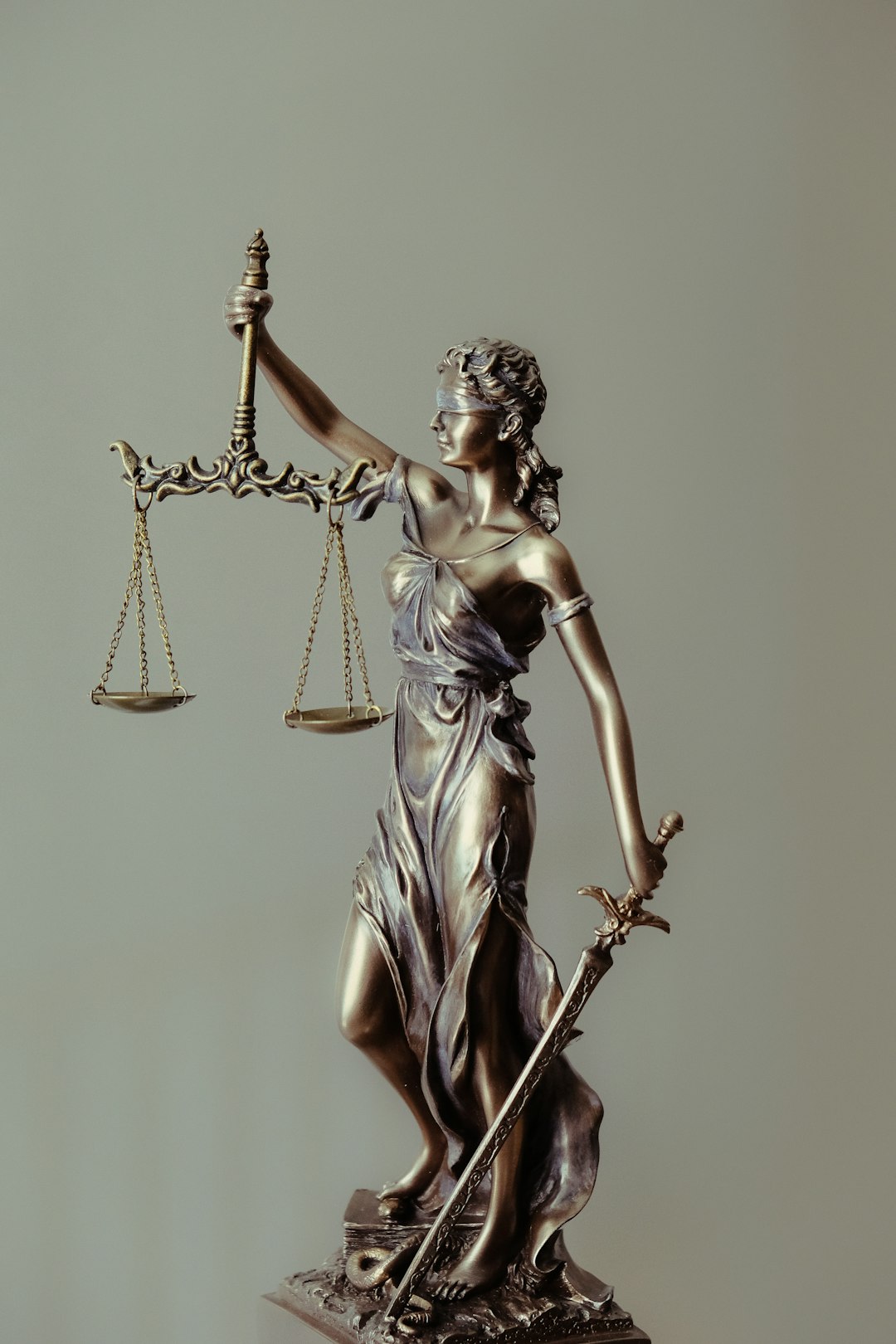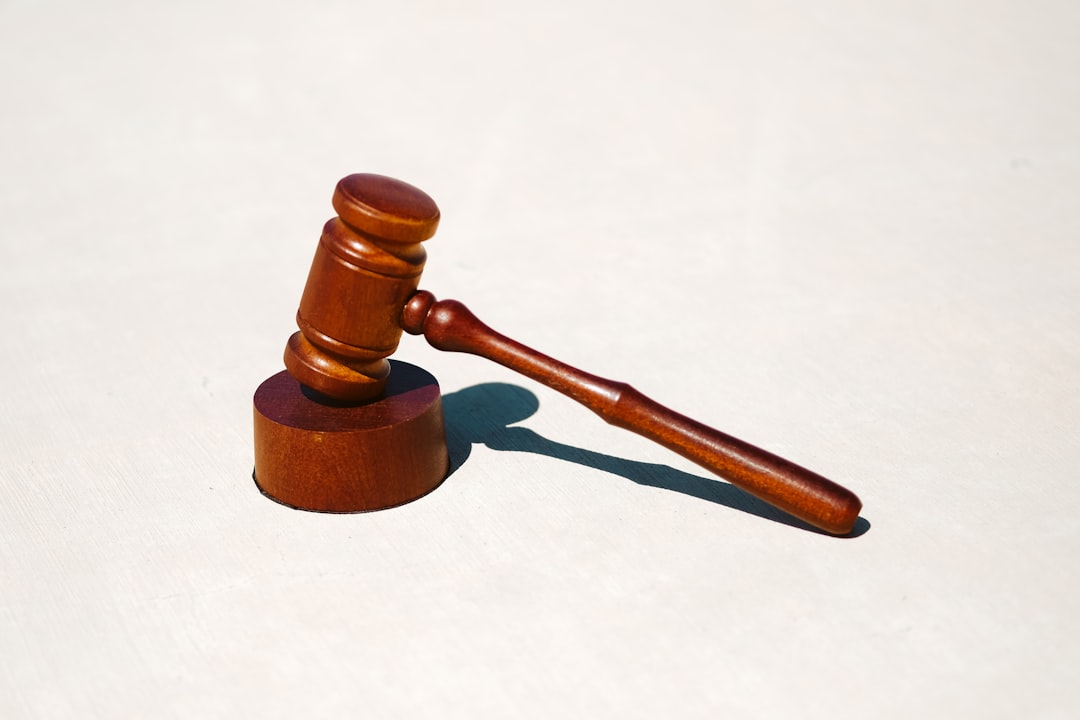In Arlington, Texas, religious beliefs deeply influence communities' approaches to child protection, creating complexities in enforcing state laws. Child abuse attorneys navigate cases where religious doctrines impact parental decisions, balancing religious freedom with child safety standards. These professionals help families and authorities navigate these intricate issues, ensuring respect for beliefs while prioritizing a child's well-being, particularly when seeking guidance from a child abuse attorney Texas.
In Arlington, Texas, navigating the intersection of religious beliefs and child protection laws presents complex challenges. This article explores how deeply held religious convictions can clash with stringent child abuse laws, highlighting the delicate balance between faith and legal obligations. We delve into the impact of religious practices on child safety, backed by insights from a child abuse attorney in Texas, offering guidance for both communities and legal professionals facing these sensitive issues.
Understanding Religious Beliefs and Their Impact on Child Protection

Religious beliefs, deeply held and often personal, play a significant role in shaping communities and their approaches to various social issues, including child protection. In Arlington, Texas, as in many places, the interplay between religious doctrines and legal frameworks can sometimes lead to complex situations. When it comes to safeguarding children, understanding these cultural and spiritual perspectives is crucial for fostering a harmonious balance between faith-based practices and child protection laws.
Child abuse attorneys in Texas often encounter cases where religious beliefs influence parents’ decisions regarding their children’s welfare. Some religious communities may have unique interpretations of parental rights and responsibilities, which can differ from the state’s legal definitions. This divergence can create challenges when enforcing child protection regulations. For instance, cultural practices that seem unusual to outsiders might be integral to a family’s identity, and they may not always align with modern concepts of child safety. Therefore, it is essential for legal professionals to approach such cases with sensitivity, recognizing the role of religion while ensuring the well-being and security of children.
Legal Framework: Child Abuse Laws in Texas and Arlington

In Texas, including the city of Arlington, child abuse is taken extremely seriously under state law. The Legal Framework surrounding child protection and abuse laws is robust, with strict regulations in place to ensure the safety and well-being of all children. These laws are designed to protect minors from any form of physical, emotional, or sexual abuse, neglect, or exploitation. Arlington, as a city, adheres strictly to these guidelines, ensuring that every child has access to safety and justice.
The Texas Code defines child abuse and outlines various forms it can take, including physical injury, sexual assault, abandonment, and neglect. These laws also empower individuals, such as parents, guardians, or even concerned citizens, to report suspected cases of child abuse without fear of legal repercussions. Furthermore, the state has established multiple agencies dedicated to investigating and prosecuting child abuse cases, with a primary focus on the Texas Department of Family and Protective Services (DFPS). For specific guidance and legal assistance regarding child abuse issues, residents can consult with a qualified child abuse attorney in Texas.
Navigating Conflicts: When Religious Practices Hinder Child Safety

In Arlington, as in many places, there’s a delicate balance between upholding religious freedom and prioritizing child protection. Navigating conflicts arises when certain religious practices may hinder efforts to ensure a child’s safety, potentially leading to situations of neglect or abuse. This is where legal expertise comes into play, especially with the assistance of a qualified child abuse attorney in Texas.
Religious beliefs can sometimes offer unique perspectives on discipline and care, but it’s crucial for communities to understand that laws designed to protect children are in place for a reason. When practices diverge from these legal standards, a child abuse attorney Texas can help guide both families and authorities toward solutions that respect religious freedoms while ensuring the child’s well-being remains paramount.





